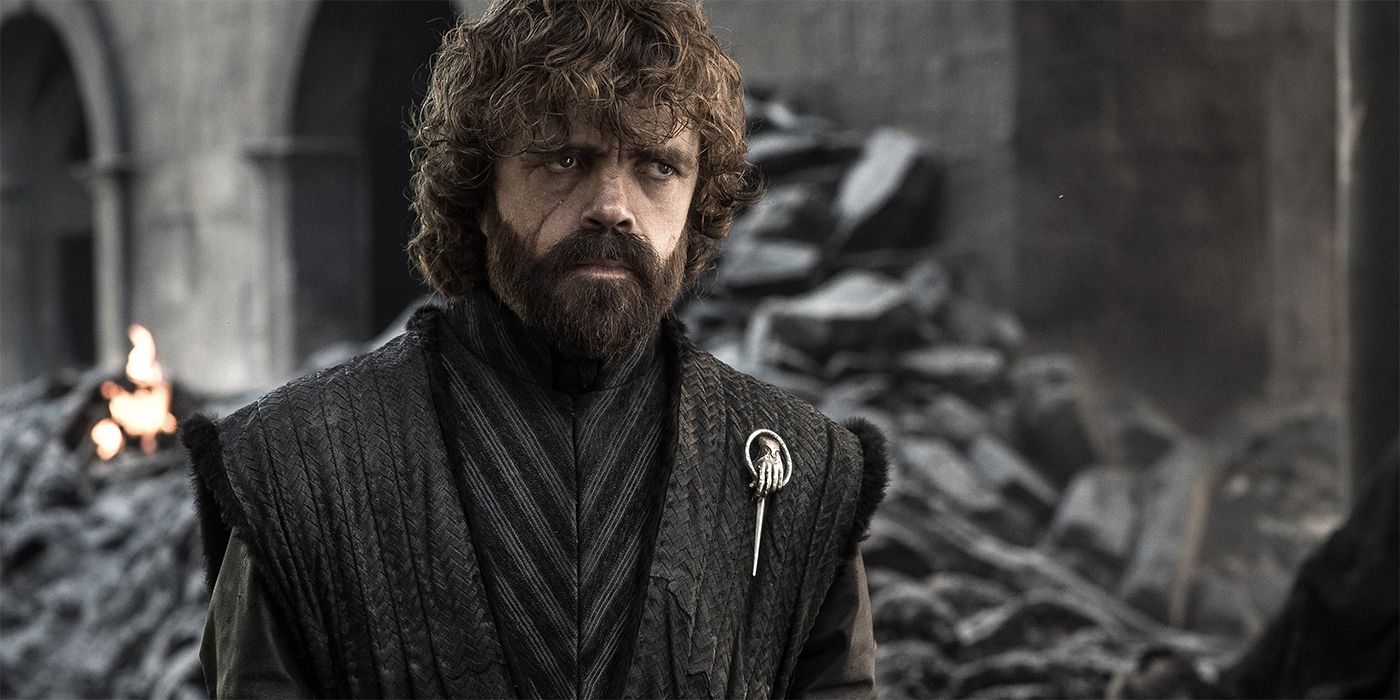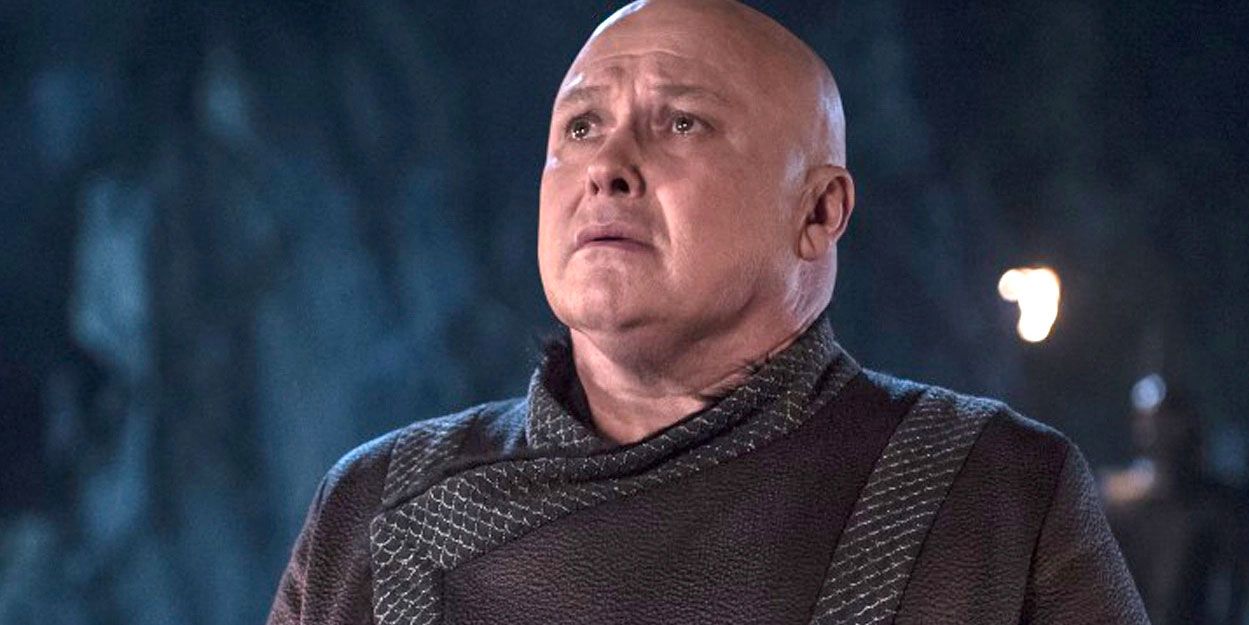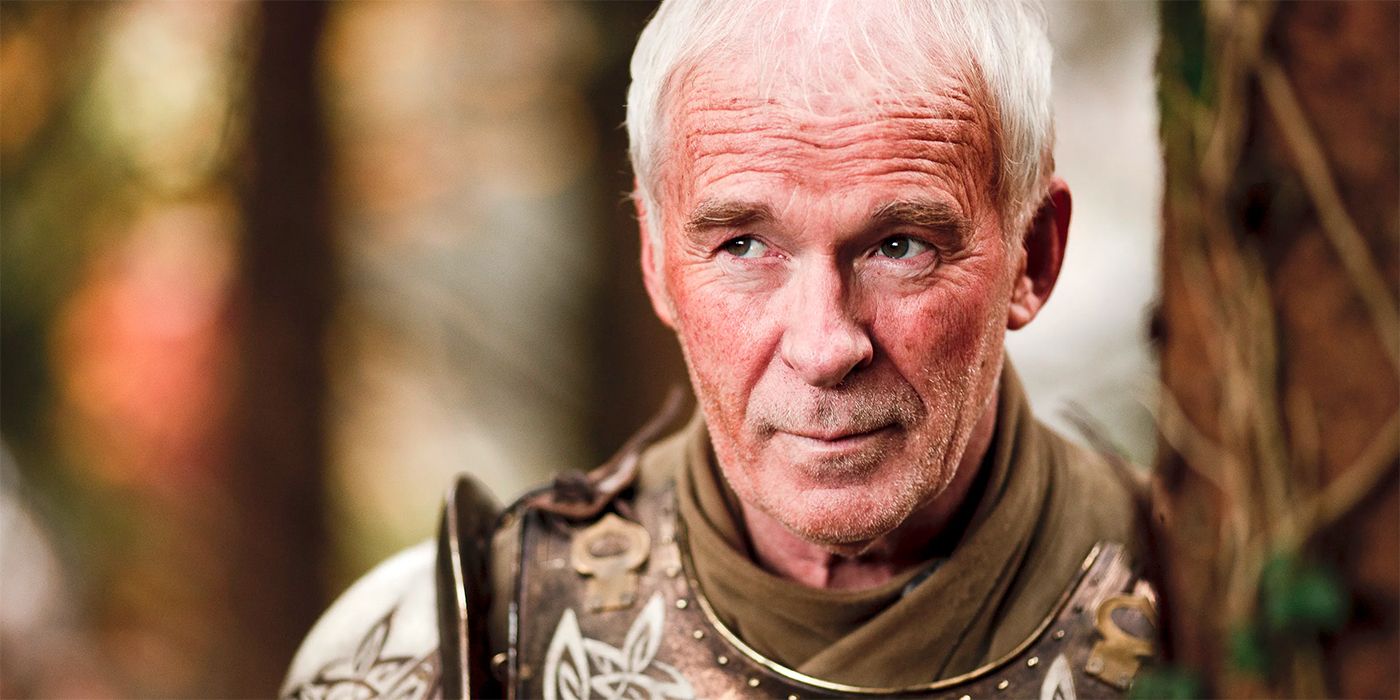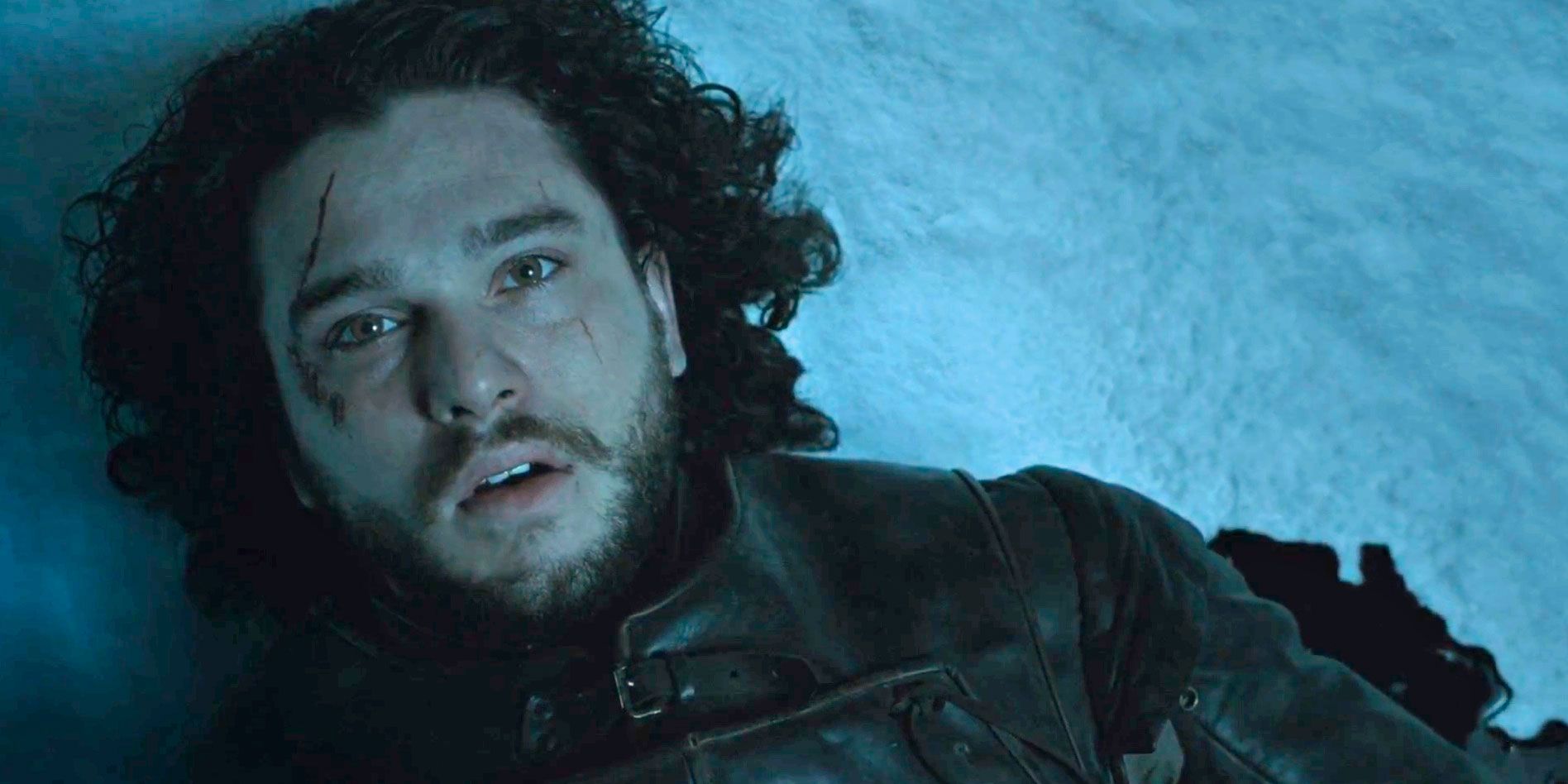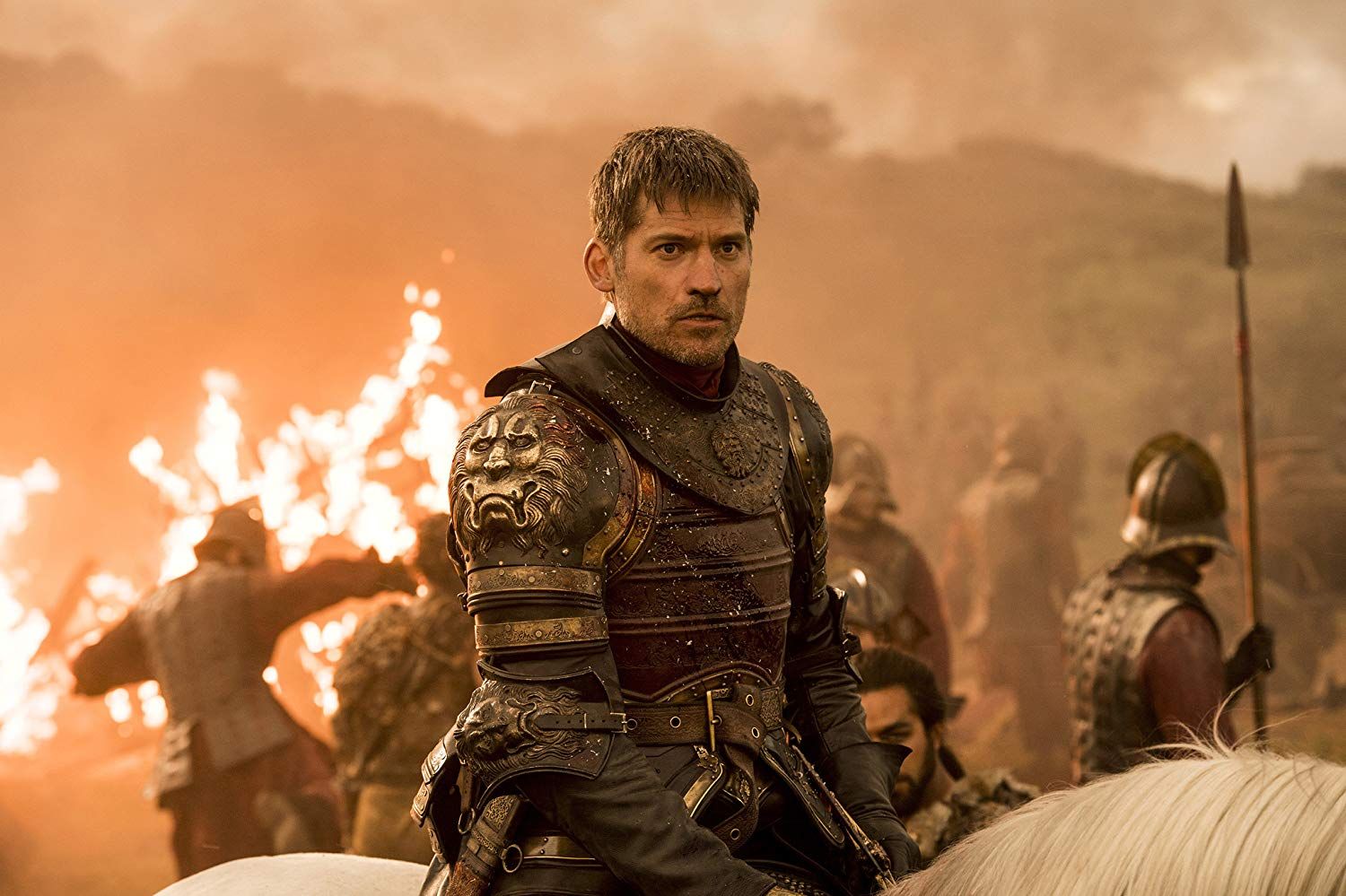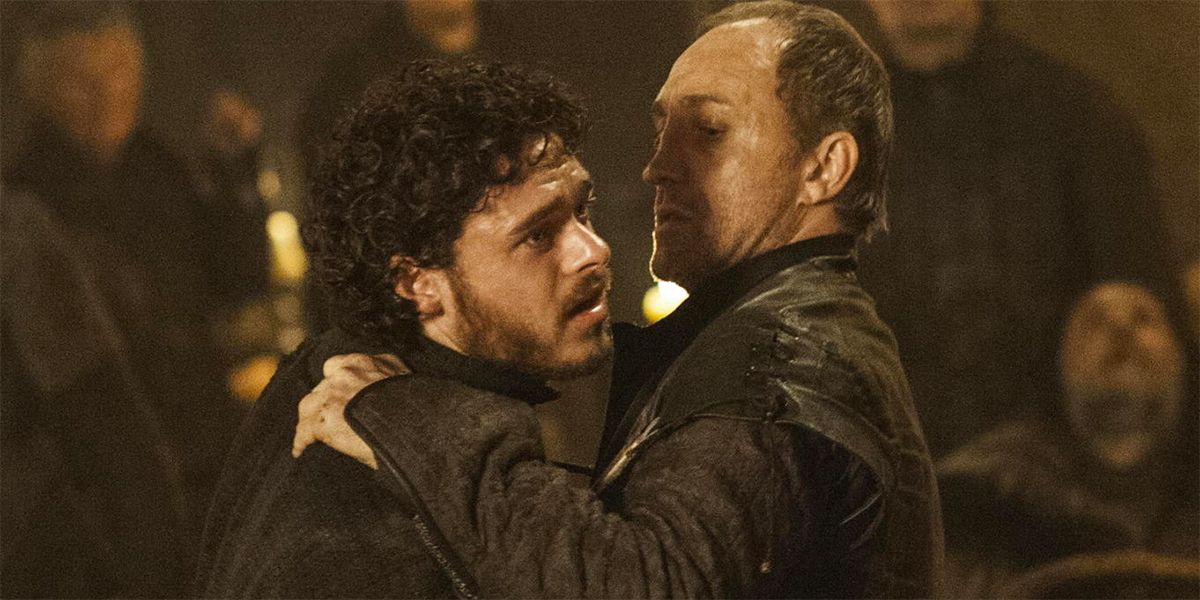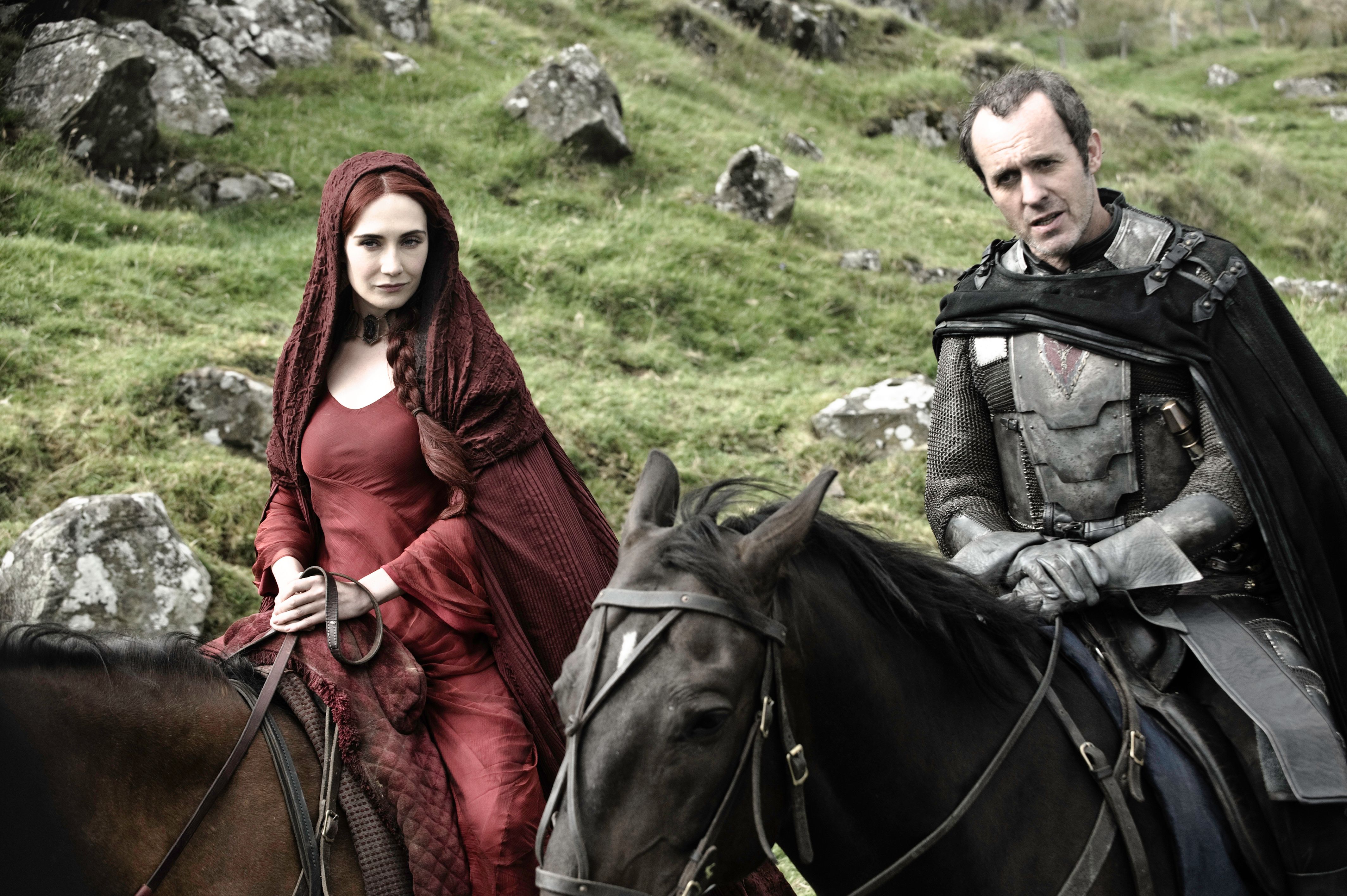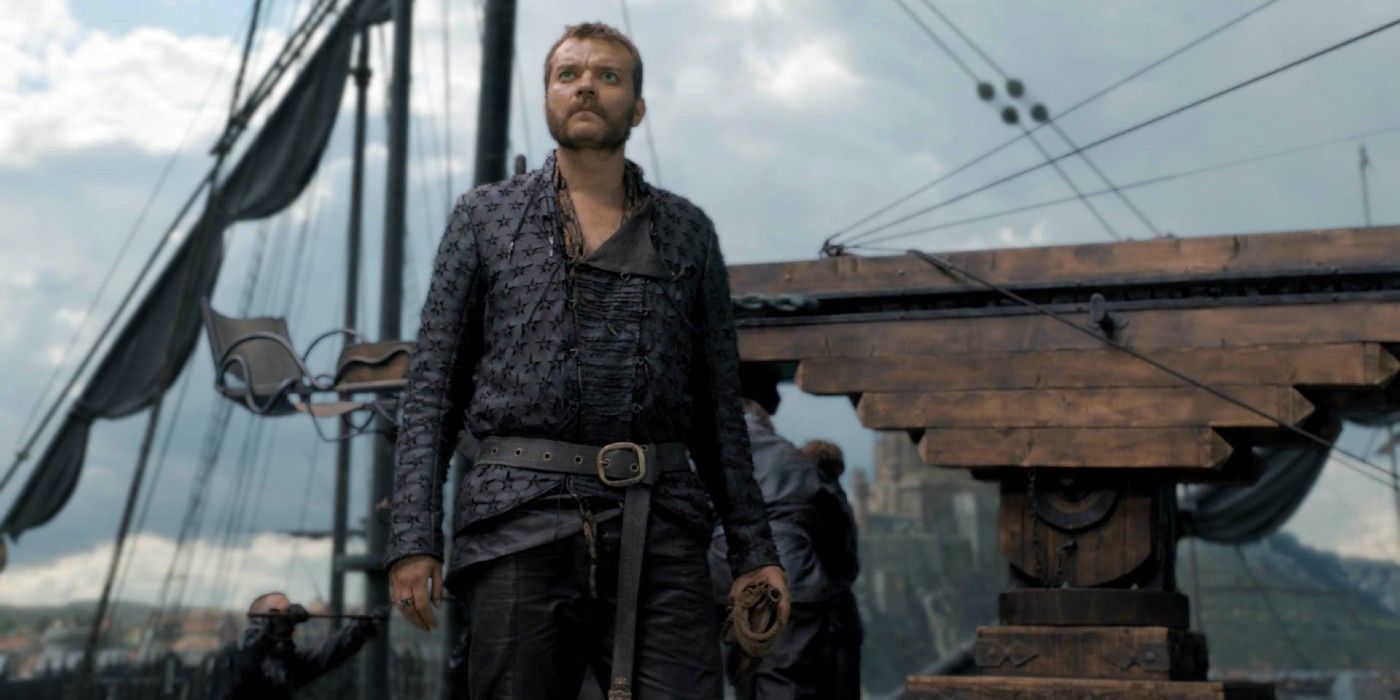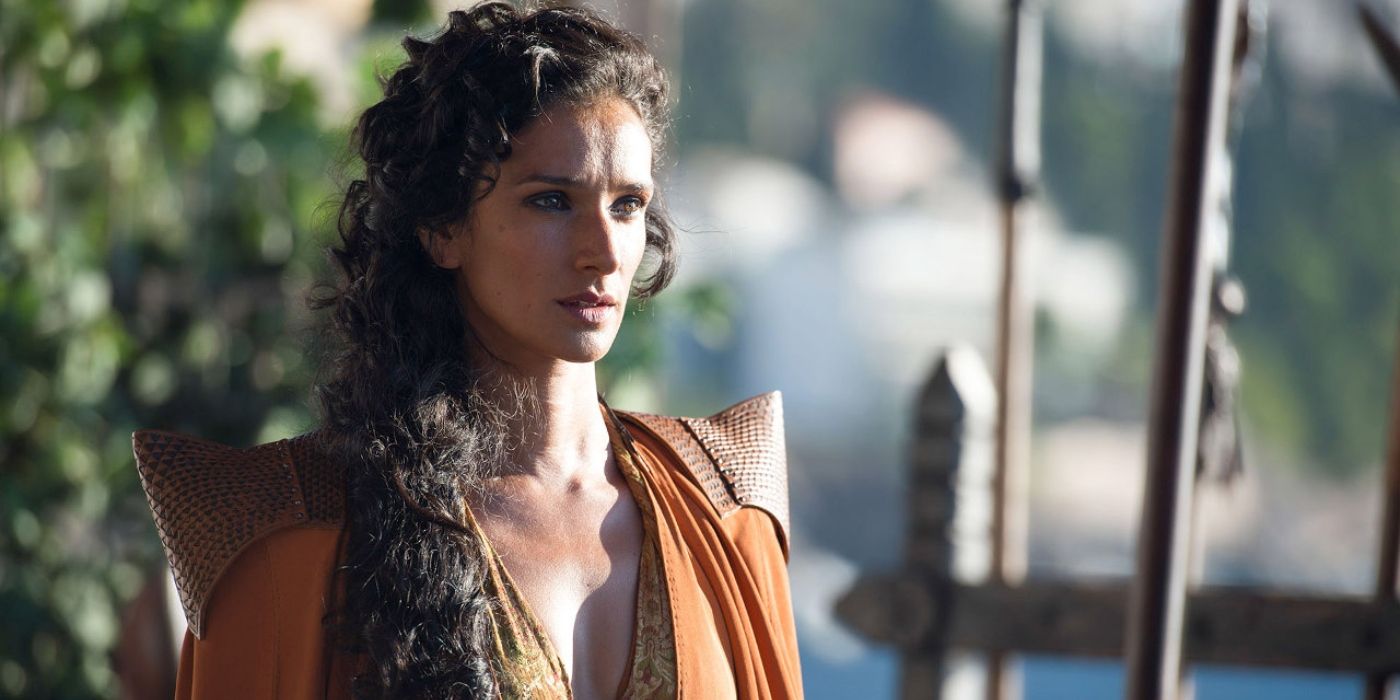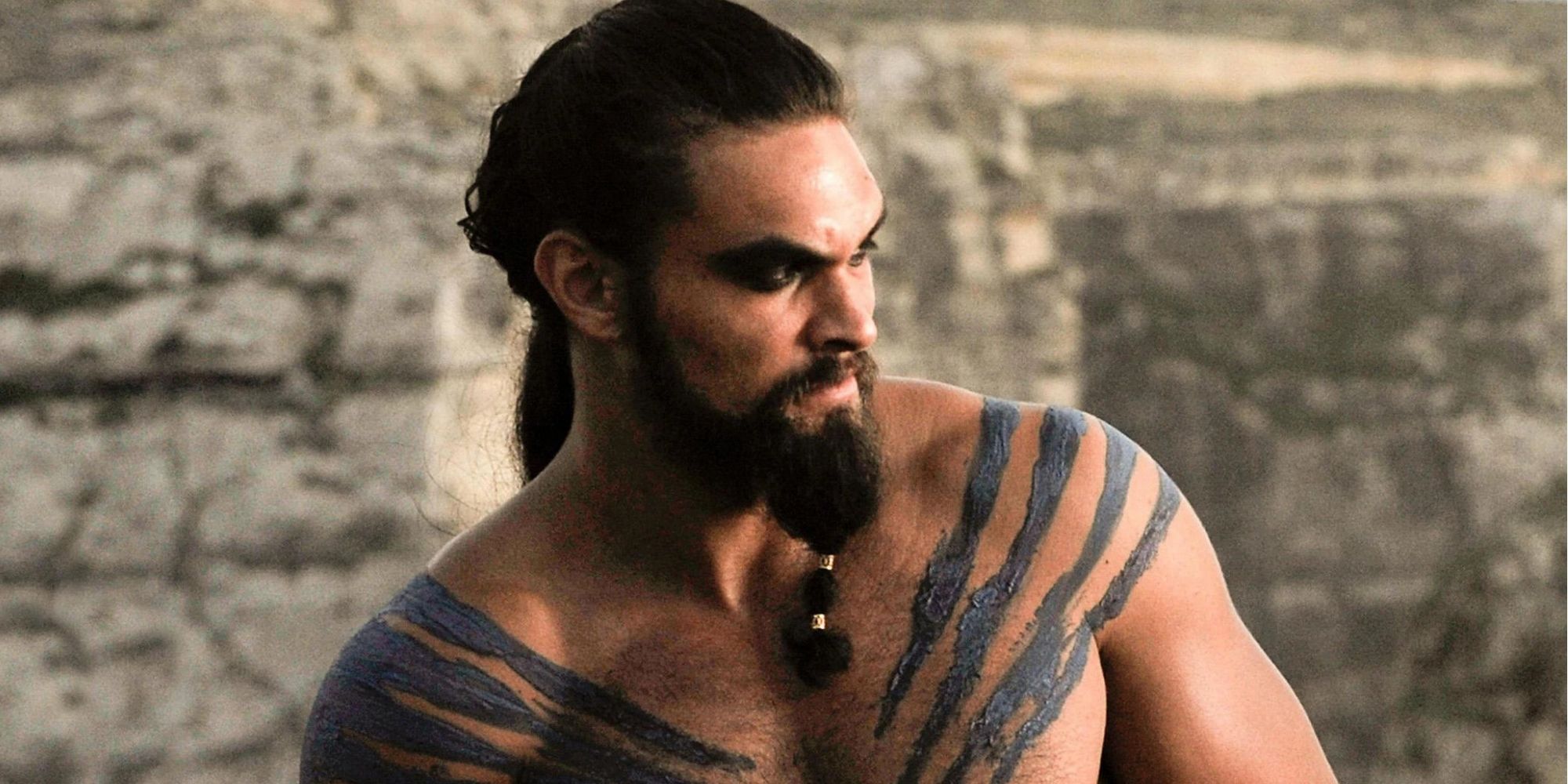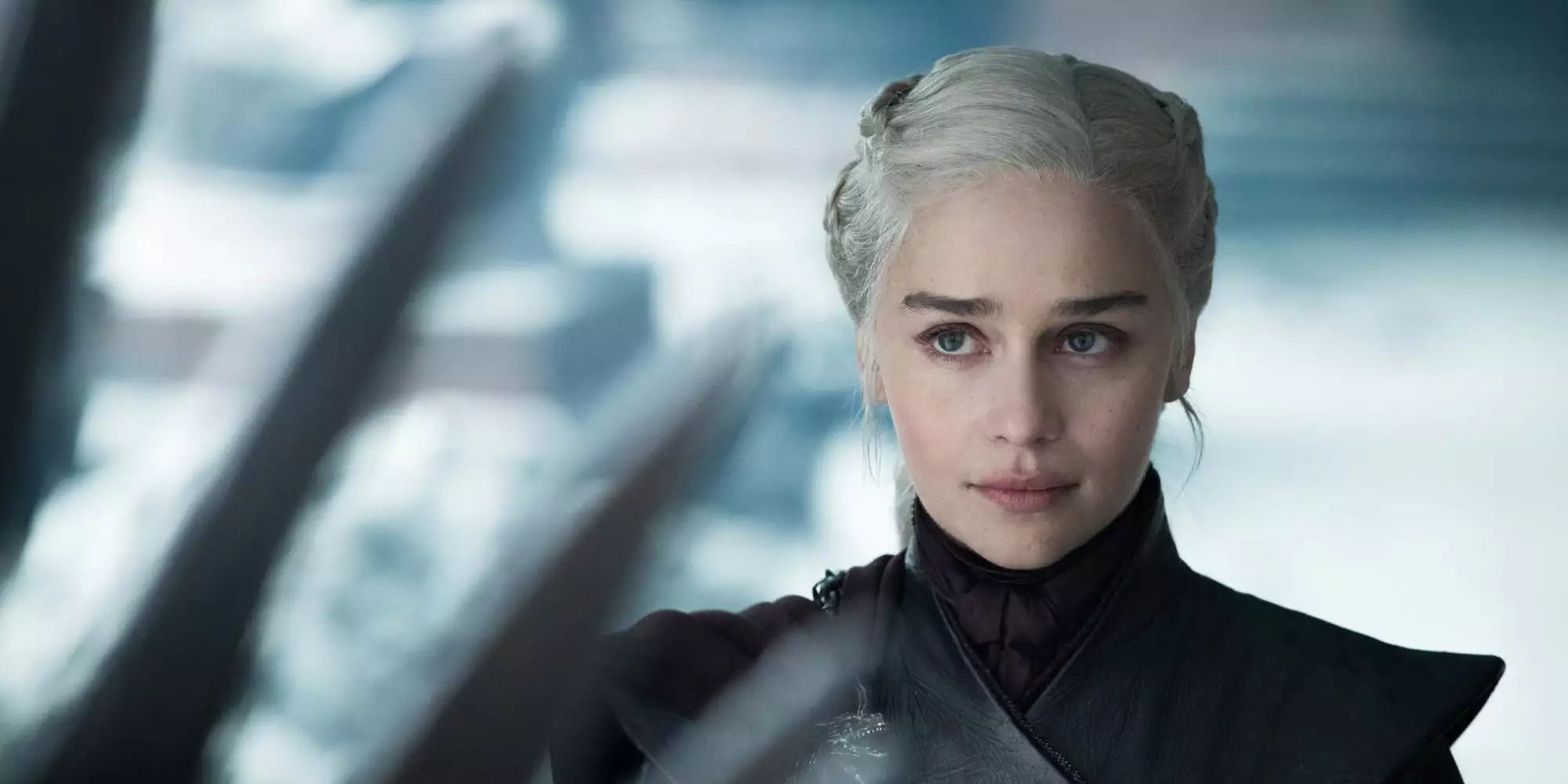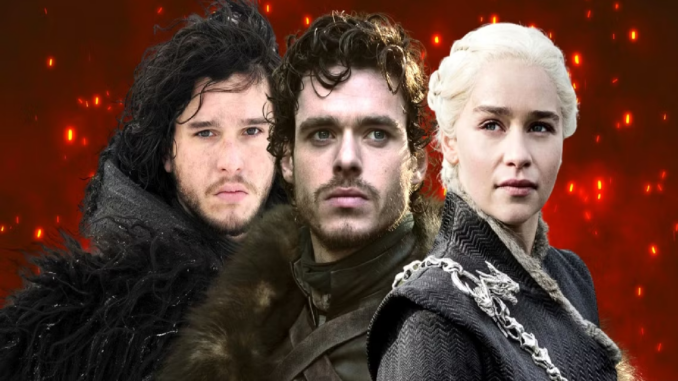
Few series boasted a cast of characters as magnificent as Game of Thrones, and few series failed to satisfactorily conclude those characters’ stories worse than Game of Thrones. There’s no need to rehash the overarching issues surrounding Season 8’s infamy; those finale-shaped wounds won’t heal with time. Earlier seasons mishandled characters as well, so it can be argued that Thrones slipped into a slow decline before the final season. All of that said, some characters suffered more than others.
Tyrion Lannister
Peter Dinklage rightfully took home four Emmys and eight nominations for his role as the youngest Lannister sibling. After committing patricide, Thrones never quite knew how to incorporate Tyrion into the larger narrative or what his motivations were beyond “find Daenerys.” A Tyrion at the top of his game advising Daenerys (Emilia Clarke) would have shrewdly and ruthlessly conquered King’s Landing in a heartbeat and without breaking a sweat. Alas, Tyrion’s brains fell out of his ear circa Season 7 and Season 8. One of Thrones’s defining and smartest characters did nothing of merit, suggested dreadful strategies, and ultimately became the screenwriters’ mouthpiece to force along a nonsensical plot. Advocating for Dany’s death and dragging his feet over killing Cersei (Lena Headey) just made no sense given his established history.
Varys
Speaking of geniuses who misplaced their common sense: Varys (Conleth Hill) betraying Daenerys in favor of Jon (Kit Harrington) remains another of Season 8’s silliest decisions. The Spider and Master of Whispers saw Daenerys’s justifiable frustrations and immediately decided she was spiraling into madness? Varys’s deception showed none of his prior cunning and felt as rushed as most of Season 8’s second half. Tyrion, his best friend, tattled on him, and Varys didn’t spin webs of deception once caught? Dragon, please. Sadly, Conleth Hill tossing his script away at the table read sums up this one.
Barristan Selmy
This is more of a case of “done wrong” than ruined, but Ser Barristan (Ian McElhinney) remains alive and thriving in George R.R. Martin’s books. Killing one of the best soldiers in the Seven Kingdoms in an alleyway scuffle that held little narrative consequence afterward is a head-scratcher and a shame, especially since Barristan has a rich backstory and became a point-of-view character in the fifth book, A Dance with Dragons. McElhinney himself shared his disappointment about Barristan’s lackluster death.
Jon Snow
The issue of succession was always going to provoke some strife between Jon and Dany. But by remaining loyal to Daenerys in Season 8, the hot-tempered boy turned seasoned man of the Night’s Watch lost his personality and motivation. Jon not wanting the throne and loving Dany wasn’t the problem; rather, one of the pillar characters holding up Thrones lacked character development and plot contribution beyond that controversial moment in the finale. Jon’s deeper feelings about his parentage after spending his life branded a bastard weren’t explored. He played no vital part in the Long Night. Ultimately, he felt wasted in the service of a confusing plot.
Jaime Lannister
It’s, unfortunately, true to life that some toxic relationships can’t be escaped, but that was never the point of Jaime (Nikolaj Coster-Waldau). Things change in adaptations, so one shouldn’t use the books as a consistent remonstration. Nevertheless, Jaime was fundamentally misunderstood. Although far from perfect (hello, childhood incest), Jaime was an idealist whose rose-tinted vision of the world was ripped away at a perilously formative age. He also lacked agency, with his father Tywin (Charles Dance) wanting him as heir to Casterly Rock while Cersei manipulated Jaime into the Kingsguard to keep him locked within her control. The one time Jaime displayed agency by murdering Aerys Targaryen to protect the innocents of King’s Landing, it earned him scorn as lifelong as the oath he broke. The heroic knight Jaime could have been was lost between his family’s scheming and the world’s brutality. The second time Jaime made an independent choice, it was to actively sever himself from Cersei. So, the question all along was who Jaime might choose to be now that he’s free. If he returns to Cersei, it should be to fulfill the valonqar prophecy and kill the real Mad Queen to protect the realm. That’s a full-circle, Queenslayer narrative.
Robb Stark
Robb (Richard Madden) in the novels was a deliberate deconstruction of the King Arthur mythos. A boy thrust into a crown too young, who was too inexperienced, and ultimately outmatched. He isn’t a badass; his mother Catelyn (Michelle Fairley) was the strategist behind Robb’s battlefield and political maneuvering because he was too inexperienced to know better. They indeed quarreled over her freeing Jaime, but Robb ultimately forgave her and understood her actions. And he was murdered not because he married for love but because he was too much like his father: he kept to his sense of honor and married a girl he slept with rather than leave her abandoned. Robb in the series is more selfish than selfless, which leaves a sour taste in the mouth for audiences and readers. Between his youth and his honor, book Robb’s ending is more tragic and impactful.
Stannis Baratheon
You just don’t come back from burning your daughter alive in hopes of winning a war. End of story.
Euron Greyjoy
The book’s version of Euron Greyjoy and the series share surface-level similarities. But, with no disrespect toward actor Pilou Asbaek, Martin’s Euron could wipe the floor with HBO’s. Book Euron manipulates all around him for the fun of it and aims to conquer Westeros when he sees fit, and he would never do Cersei’s bidding. Although he’s a feared pirate, he’s the manipulator behind the scenes and lets others die for him in combat. He’s a cunning, shadowy figure of immense threat lurking beyond the horizon. Euron’s current endgame is binding one of Dany’s dragons to him with the dragon horn, and a sample chapter from The Winds of Winter hints at his connections to black magic.
Ellaria Sand and Doran Martell
House Martell was a disappointment in every regard except for the fabulously charismatic Oberyn (Pedro Pascal). For one, Ellaria Sand (Indira Varma) never sought vengeance in Martin’s version. In fact, she feared the rest of her loved ones would die by avenging Oberyn. Making her series counterpart instead murder Myrcella Baratheon (Aimee Richardson, Nell Tiger Free), an innocent girl the same age as her youngest daughters, then usurp the Martell line, is an odd choice for book fans and just oddly unfulfilling in general. Prince Doran Martell didn’t do his actor’s talent justice (Alexander Siddig) because he existed to personify the opposite side of a conflict. In the books, Doran’s the one who quietly and purposefully plots revenge against the Lannisters, and he has a daughter who never made it into the series. Dorne should’ve been a calculated, emotionally complex long-con threat against the Lannisters.
Khal Drogo
Jason Momoa aside, whom we adore, and “my sun and stars” and “moon of my life” aside — introducing Khal Drogo through Dany’s sexual assault was a mistake. Dany and Drogo’s relationship in the novels certainly isn’t upstanding, as she’s a child bride forced into marriage at thirteen years old. As such, any kind of consent on Dany’s part is deeply dubious at best. Martin’s an expert at making several truths overlap one another, however, because Drogo is nonetheless kind to Dany on their wedding night. He’s gentle, reaching out past their cultural barriers and not being nearly as violent as his tv counterpart with Dany. It’s such a pointed contrast to the show’s brutality that leaves fans scratching their heads to this day, and having that serve as Drogo’s onscreen introduction to non-readers leaves everything to be desired. Martin used Drogo and the Dothraki to both deconstruct and examine the cruel “othering” stereotype, which HBO played straight.
Daenerys Targaryen
You knew this was coming. I cannot be convinced that the showrunners planned Daenerys’s descent into madness when her previous moments of seizing control were depicted as empowering. She demonstrated care for the small folk time and again. She wanted to break the cycle of her family’s violent domination. She made naive mistakes, of course, and she hardened into a nuanced character as her circumstances demanded. But this is Game of Thrones, where almost every character overflows with flawed nuance. Dany having a happy ending in the novels is doubtful, but there’s little-to-nothing to indicate she’ll pursue the same route as Season 8. Her role in Martin’s world is deeply important and vastly different, or I’ll eat my hat. And, in all fairness, if we disregard the books and look at the series alone, HBO Dany’s fate is still ridiculous. Perhaps with more time it would have been believable, but as it stands, she was reduced to another powerful woman gone mad. In rushing to end the series, the showrunners sacrificed Thrones’s most iconographic character.
